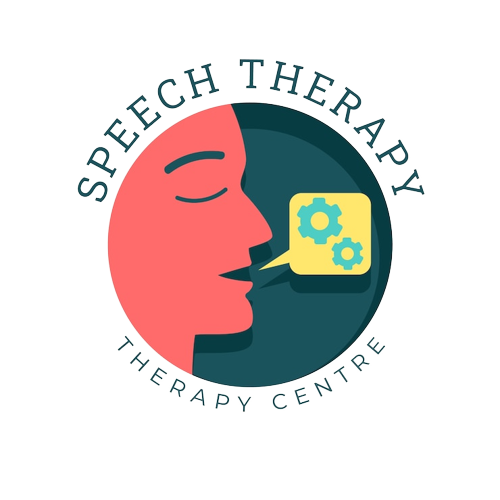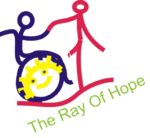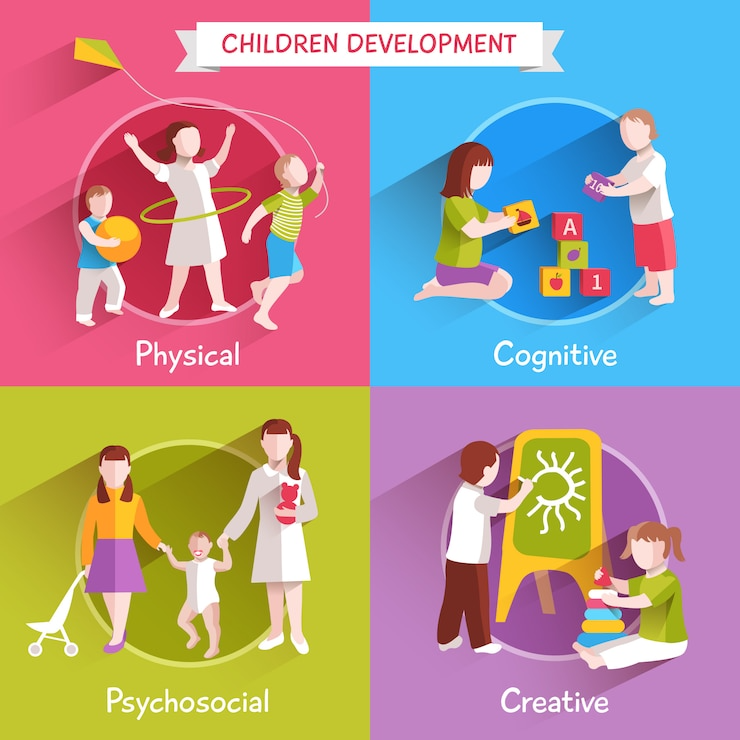
Speech Therapy Ummeed

Speech Therapy For Kids
Title: The Power of Speech Therapy: Unlocking Communication Potential
Speech is a fundamental aspect of human communication, allowing us to express our thoughts, feelings, and needs. However, for individuals with speech and language disorders, communicating effectively can be challenging. This is where speech therapy plays a pivotal role. Speech therapy is a specialized form of therapy that focuses on diagnosing and treating speech and language disorders, helping individuals improve their communication skills and enhancing their quality of life. In this article, we will explore the significance of speech therapy, its goals, techniques, and the positive impact it can have on individuals of all ages.
Understanding Speech Therapy:
Speech therapy is a field of expertise dedicated to diagnosing and treating various communication disorders, including speech, language, voice, fluency, and swallowing disorders. It involves a collaborative approach, with speech-language pathologists (SLPs) or speech therapists working closely with individuals to assess their specific communication challenges and develop personalized treatment plans.
Goals of Speech Therapy:
The primary goals of speech therapy revolve around improving communication skills, which can vary depending on the individual’s needs. These goals may include:
Articulation and Phonological Disorders:
Speech therapy can help individuals produce sounds and words correctly, addressing difficulties with pronunciation and articulation.
Language Disorders:
Speech therapists target language comprehension and expression, working on vocabulary, grammar, sentence structure, and understanding of concepts.
Fluency Disorders:
For individuals who stutter or experience cluttering, speech therapy focuses on improving speech fluency and rhythm.
Voice Disorders:
Speech therapy can help individuals with voice disorders develop healthy vocal techniques, improve pitch, volume, and overall vocal quality.
Swallowing Disorders:
Speech therapists assist individuals with swallowing difficulties, aiming to improve oral muscle control and coordination for safe and efficient swallowing.

Speech Therapy Near Me
Techniques and Approaches:
Speech therapists employ a range of techniques and approaches tailored to each individual’s unique needs. These may include:
Articulation Therapy:
Targeting specific speech sound errors and teaching correct sound production through exercises, drills, and auditory feedback.
Language Therapy:
Utilizing various activities, games, and exercises to develop vocabulary, grammar, sentence structure, and overall language comprehension and expression.
Augmentative and Alternative Communication (AAC):
Implementing alternative methods of communication, such as sign language, picture-based communication boards, or high-tech AAC devices, for individuals who have limited or no verbal speech.
Fluency Shaping and Stuttering Modification:
Employing techniques to enhance fluency, such as controlled breathing, reduced rate of speech, and desensitization to stuttering, along with strategies to modify stuttering patterns.
Voice Therapy:
Incorporating exercises to improve vocal quality, breath control, and resonance, as well as vocal hygiene education.
The Positive Impact of Speech Therapy:
Speech therapy can have a profound impact on individuals of all ages, fostering improved communication skills and enhancing overall well-being. Some of the benefits of speech therapy include:
Enhanced Communication:
By addressing specific speech and language difficulties, individuals can improve their ability to express themselves clearly, understand others, and engage in effective communication.
Increased Confidence and Self-esteem:
As communication skills improve, individuals often experience heightened confidence, leading to better social interactions and improved self-esteem.
Academic and Professional Success:
Speech therapy can positively impact academic and professional success by improving language skills, reading comprehension, writing abilities, and verbal presentations.
Improved Swallowing Function:
Speech therapy interventions can help individuals with swallowing disorders regain safe and efficient swallowing abilities, reducing the risk of aspiration and related health complications.
Support for Individuals with Neurological Conditions:
Speech therapy plays a crucial role in supporting individuals with neurological conditions, such as stroke, traumatic brain injury, Parkinson’s disease, or autism spectrum disorder, helping them regain or enhance their communication skills.
Conclusion: Speech Therapy
Speech therapy is a vital profession that provides invaluable support to individuals with speech and language disorders. By working closely with speech therapists, individuals can unlock their communication potential, improve their quality of life, and overcome barriers that may hinder their personal, academic, and professional growth. Through tailored treatment plans and evidence-based techniques, speech therapy empowers individuals to express themselves confidently, connect with others, and navigate the world of communication with greater ease and effectiveness.
Speech Therapy at Home




